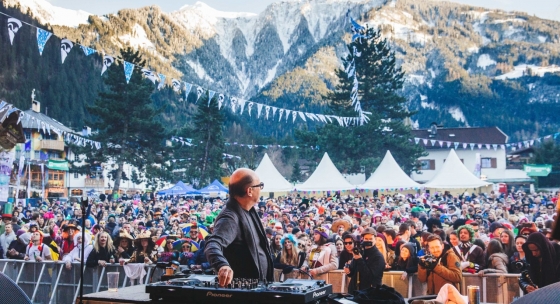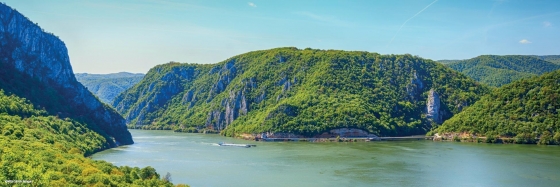Zell am See, Austria - Weather and Climate
Zell am See has a temperate continental climate, with cold, snowy winter months and a pleasantly warm summer period. The climate is mainly determined by its location at an altitude of seven hundred meters.
Average maximum day and minimum night temperature
Visitors to Zell am See can expect significant temperature changes throughout the year. Average maximum daytime temperatures range from a pleasant 19°C in August, the warmest time of the year, to a very cold -1°C during cooler months like January.
At night, temperatures typically drop to an average of around -9°C during these months.Check out our detailed temperature page for more information.
Temperature ranges by month
Precipitation and rainy days
Zell am See is known for its substantial rain/snowfall, with annual precipitation reaching 1812 mm. While rainfall varies throughout the year, each season offers its own charm. July brings wetter days averaging 218 mm of precipitation, spread over 18 rainy days.
In contrast, January experiences a drier climate, with about 102 mm of snowfall spread across 15 snowy days.The mean monthly precipitation over the year, including rain, hail and snow
Sunshine over the year
Seasonal changes in sunshine hours are quite dramatic in Zell am See. While July receives considerable daily sunshine with up to 5.9 hours, December marks the darkest time of the year, where sunshine is scarce with only 1.9 hours of sunlight per day.
Visit our detailed sunshine hours page for more information.
Monthly hours of sunshine
Daily hours of sunshine
Average water temperature
The mean water temperature over the year ranges from 2°C in January to 19°C in July.
Water temperature over the year
Average humidity
The relative humidity is high throughout the year in Zell am See.
The city experiences its highest humidity in December, reaching 89%. In April, the humidity drops to its lowest level at 71%. What does this mean? Read our detailed page on humidity levels for further details.
Relative humidity over the year
Forecast for Zell am See



Select a Month of Interest
Check the conditions for any month of the year.
The best time of year to visit Zell am See in Austria
Other facts from our historical weather data:Rainy season in Zell am See occurs in the months of May, June, July, August and September.
The coldest season / winter is in the following months: January, February and December.
August has an average maximum temperature of 19°C and is the warmest month of the year.
The coldest month is January with an average maximum temperature of -1°C.
July tops the wettest month list with 218 mm of rainfall.
January is the driest month with 102 mm of precipitation.
July is the sunniest month with an average of 178 hours of sunshine.
No idea where to travel to this year? We have a tool that recommends destinations based on your ideal conditions. Find out where to go with our weather planner.



